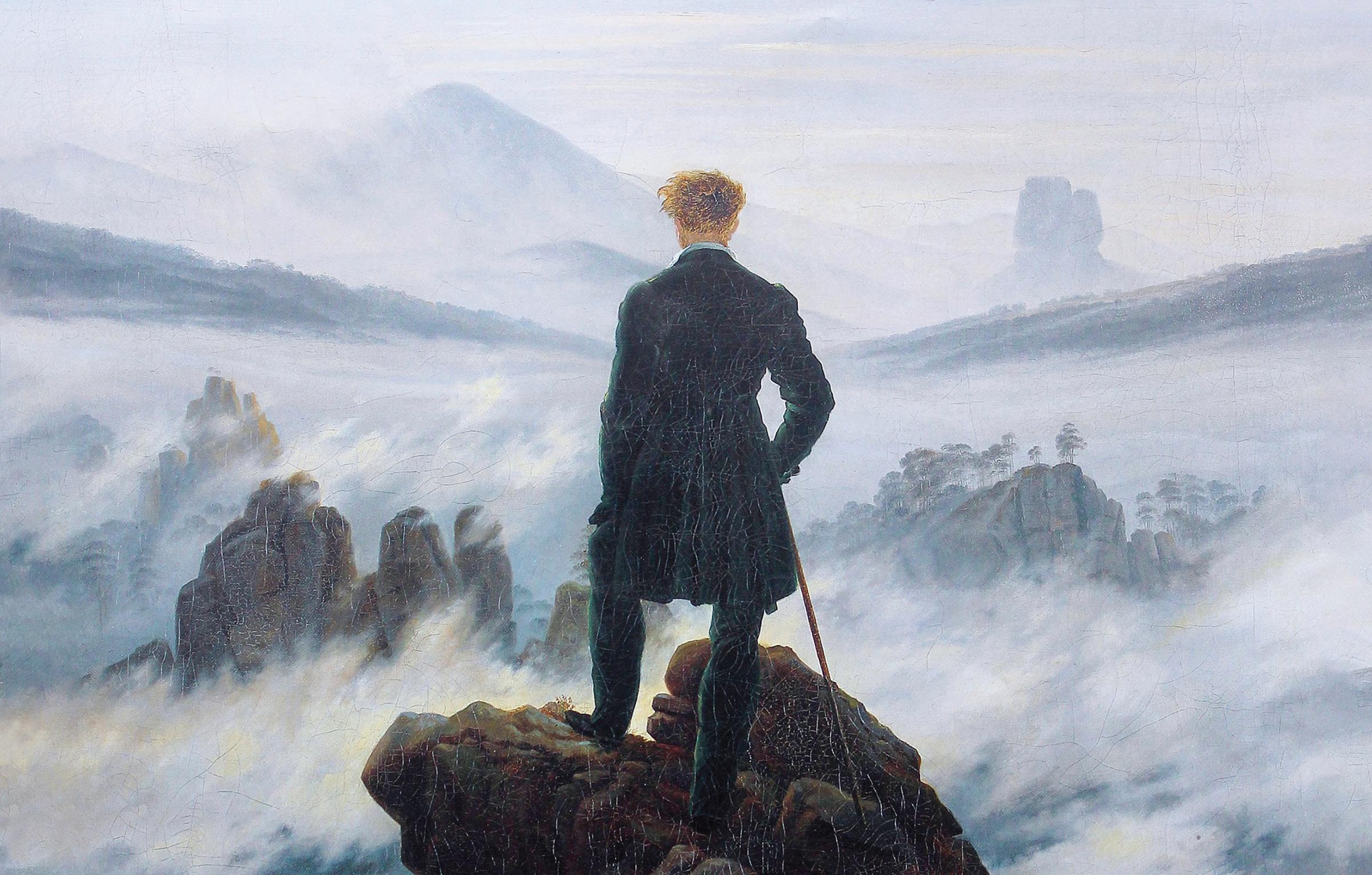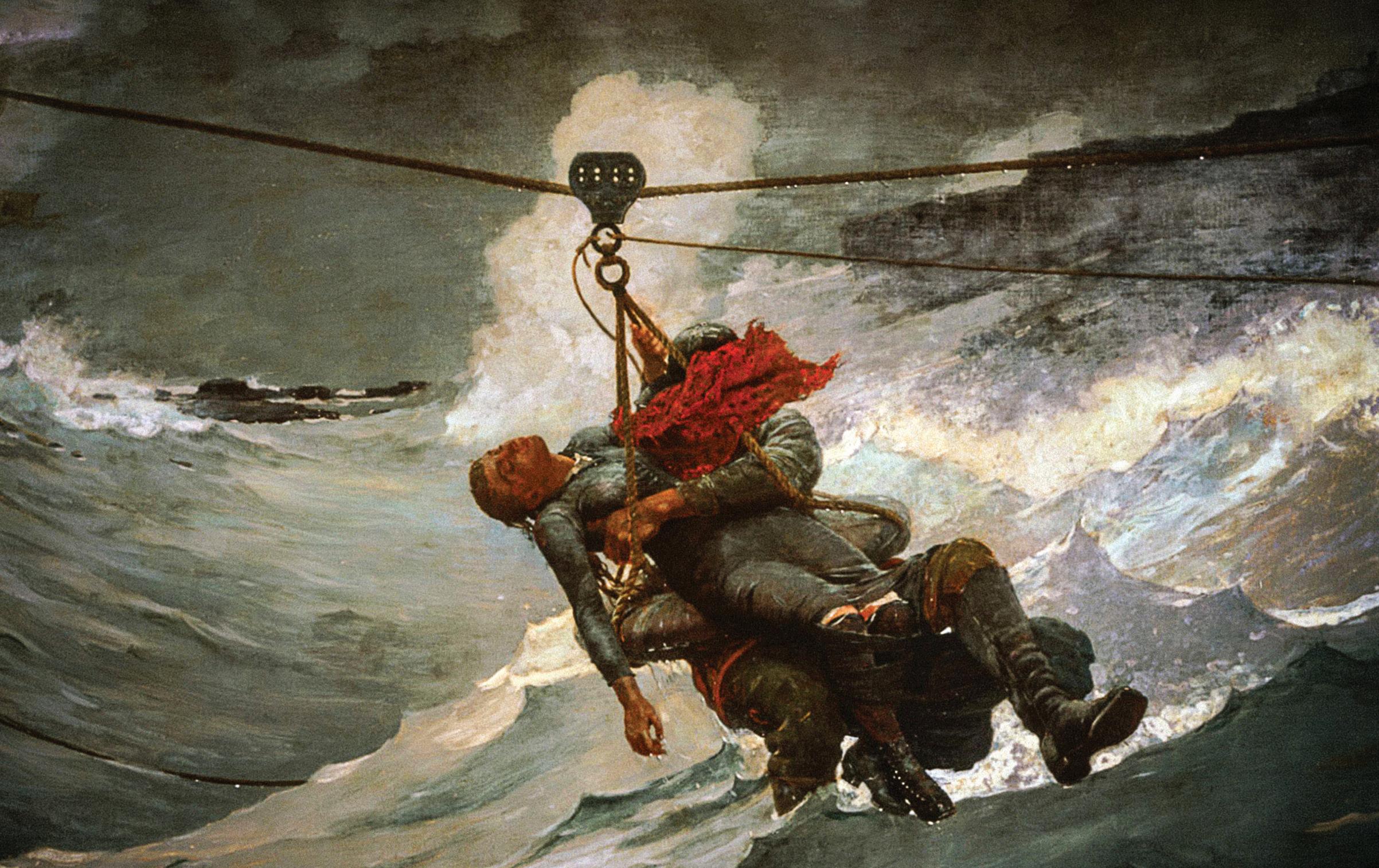
5 minute read
by Cheryl Swope Dappled Thing
DAPPLED THINGS
by Cheryl Swope
I whispered hurriedly to awaken her in the dark. "We must leave home earlier than planned. Snow and ice are coming." Up she scrambled, softly so as not to awaken her twin brother in the next room.
Quickly donning the travel clothes we had laid out the night before, Michelle met me downstairs. With predictions of sleet, ice, snow, and high winds along the long drive to our destination, I knew that the sooner we left, the greater the likelihood of avoiding the hazardous conditions.
We pressed onward. If we stopped for even a moment to refuel, the windshield refroze quickly. We continued driving. We had planned to share our favorite music during this trip; instead we shared silence as we passed ice droplets glistening on branches of trees.
The air was bitterly cold, but those country roads remained warm enough to avoid freezing until we turned safely onto the main highway. I relaxed a little. Then we spotted several cars that had slid off the major highway. I slowed my speed and on we drove. Ice changed to snowstorms as we passed increasingly large heaps of white snowfall brightening the forests and piled high along highway edges—beauty juxtaposed with danger.
We had looked forward to this trip for weeks. Excited to visit a unique Christian school designed exclusively for children and teens with special needs, we anticipated staying several days to observe the Simply Classical Curriculum in use and to support the faculty and students. All we needed to do now was traverse the eight hours of roads that separated us from the school and contend with the predicted weather on the way.
As we drove miles of shaded, winding Missouri country roads that morning, an icy mist began spritzing my windshield. The spritz changed to sleet as we drove farther, and I gripped the steering wheel more tightly. I prayed that the warmth from the day before would keep road temperatures sufficiently above thirty-two degrees until we reached the more adequately treated highway.
In the quiet I thought: We are contending with nature. This thought struck me as far too familiar; in our home we often sense that we are contending with nature. From the comfort of the back seat that day, Michelle held a large physical map to track our course. I knew she would appreciate seeing for herself that we were headed in the right direction. She pointed out each new town with encouragement. "This is St. James. That means we're on the right path."
Weary hours later—yet as if all of a sudden— we were almost at our Oklahoma destination. Sunshine illuminated vast, tawny fields spotted with more hay bales than we had ever seen in our lives. No precipitation had fallen here. Dry air and gusty, biting winds greeted us, but the sky was clear. We marveled.
We arrived, gave thanks, and began to unload our car, which was streaked and smeared with eight hours worth of ice and snow. No one else showed any signs of the weather we had encountered in our journey.
In our home, both because of the mental illnesses that abide with our children and because of our own innate weaknesses, we contend with nature far too often. My son, Michael, might awaken sullen and forlorn as if all is irretrievably dreadful. Barely able to speak or lift his eyes from the table, he may later in the same day laugh freely as if all is well. This relief is often preceded by an hour spent with my husband as he excises Michael's destructive thinking with a scalpel of love, reason, and well-sharpened faith, and time spent outdoors together to complete some task amid the tall pines and cedars around our
home. Spurred by countless nature walks from our homeschooling days, my son often finds something to share with me when he is finally relaxed: a speckled toad, a woolly caterpillar, or a handful of Queen Anne's lace to grace our kitchen.
Similarly, in a single day my daughter might battle cramping muscle spasms, a debilitating migraine, or a schizophrenic hallucination so bitter she can smell death "like putrid sewer water, but worse." Yet later the same day she may join me outside, breathing freely under the deep blue sky, to watch her favorite red-breasted nuthatch scurry up and down a tree branch. She might relax in the fresh air as Silky, her gray tabby, winds around her legs with purring contentment.
On the one day a week that our children are away at work simultaneously, my husband and I often sit outside together on our front bench. This is our respite. We bask in the balm of midday quiet. In such moments the sanctuary of nature surrounds us with the whirring of acrobatic hummingbirds, the drilling of a red-bellied woodpecker, and the flutter of a goldfinch's wings near the bird feeder.
We contend with nature's trials, but nature also comforts. We all must take the sour with the sweet, the swift with the slow, the speckled with the smooth.
There is only One who truly contends with nature victoriously: the One who said, "Peace, be still," causing the storm to cease. We sense the fallenness of creation in treacherous weather and danger, injury and disease, weakness and decay. Through the Word of God we also know the certain hope of redemption.
By the Holy Spirit we know that in Jesus Christ "God shall wipe away all tears from their eyes; and there shall be no more death, neither sorrow, nor crying, neither shall there be any more pain: for the former things are passed away" (Revelation 21:4). This understanding gives us the freedom to face, treasure, and forgive all that enters our lives, no matter the stubbornness, the weakness, or the necessary contention. All things are made by Him, and one day all things will be made new.
When we engage in nature study with our children we need not wait to find the perfect butterfly or the loveliest tulip. We can notice, draw, and describe a tiny spider, a single wildflower, a mottled bird, a gnarly beetle, or a speckled leaf. All of nature is as fallen as we are, yet in Christ we can embrace all of the dappled things. In doing so, we can praise God.
Pied Beauty by Gerard Manley Hopkins
Glory be to God for dappled things—
For skies of couple-color as a brinded cow;
For rose-moles all in stipple upon trout that swim; Fresh-firecoal chestnut falls; finches' wings;
Landscape plotted and pieced—fold, fallow, and plough;
And all trades, their gear and tackle and trim.
All things counter, original, spare, strange;
Whatever is fickle, freckled (who knows how?)
With swift, slow; sweet, sour; adazzle, dim;
He fathers-forth whose beauty is past change:
Praise him.









